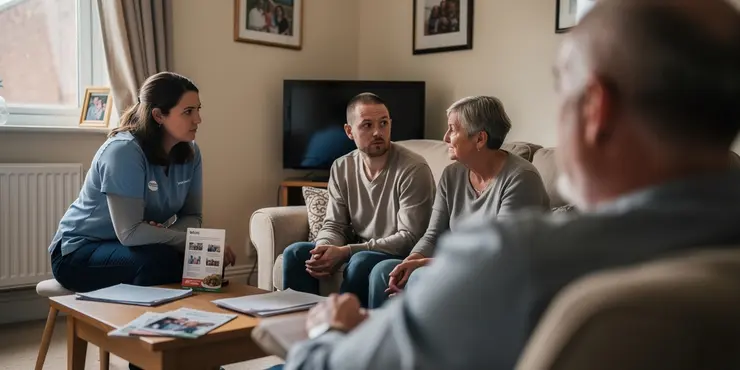
Find Help
More Items From Ergsy search
-
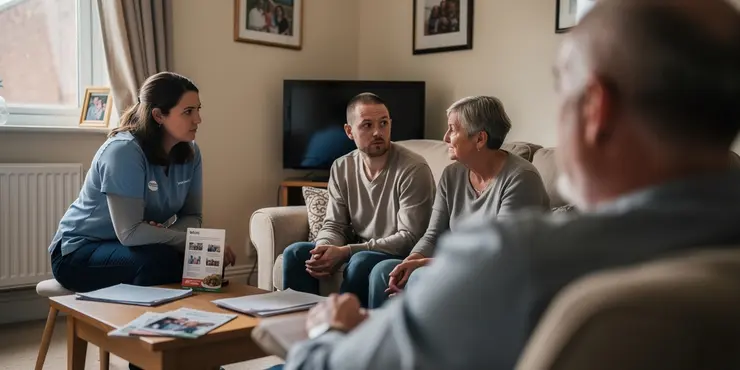
Addressing the Cost of Living Crisis: Community Support and Resources
Relevance: 100%
-
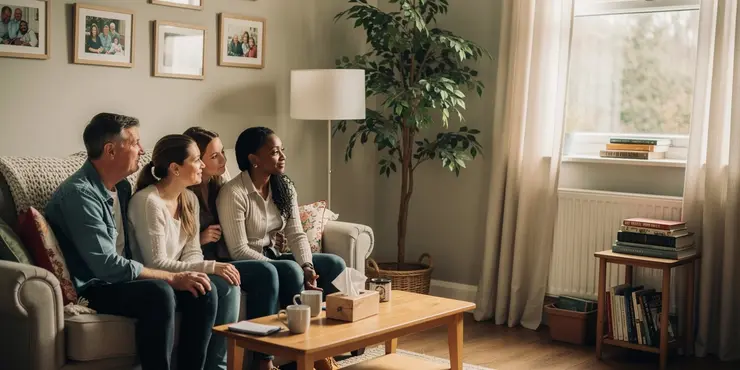
Mental Health Impact of Cost of Living Crisis and Support Resources
Relevance: 88%
-
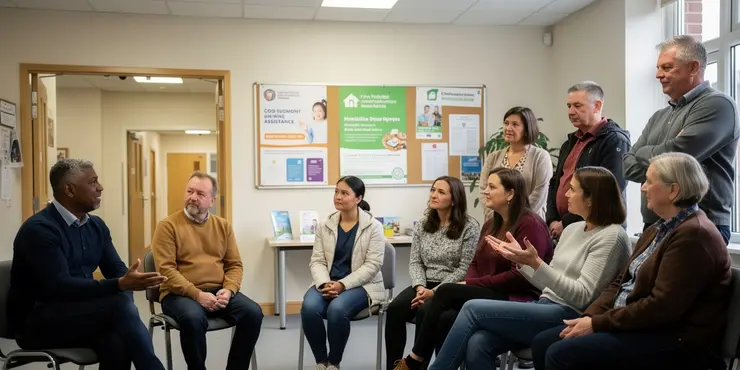
Addressing the Rising Cost of Living: Community Support and Resources
Relevance: 75%
-

Navigating the UK Cost of Living Crisis: Tips for Families
Relevance: 71%
-
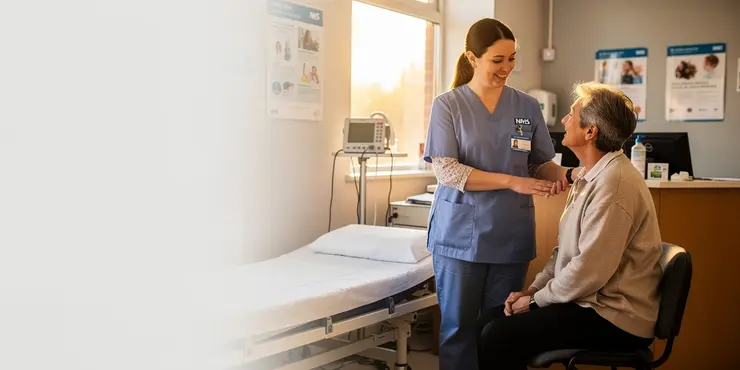
Impact of Cost of Living on UK Communities
Relevance: 60%
-
Impact of UK Housing Crisis on Local Communities
Relevance: 57%
-
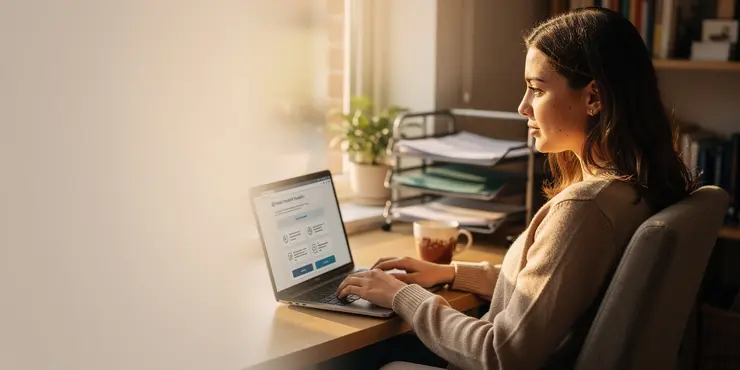
Accessing Mental Health Support Resources in the UK
Relevance: 45%
-

Financial Support for Families Amid Rising Cost of Living
Relevance: 44%
-

Cost of Living Crisis: Supermarkets Promise More Discounts for Shoppers
Relevance: 43%
-
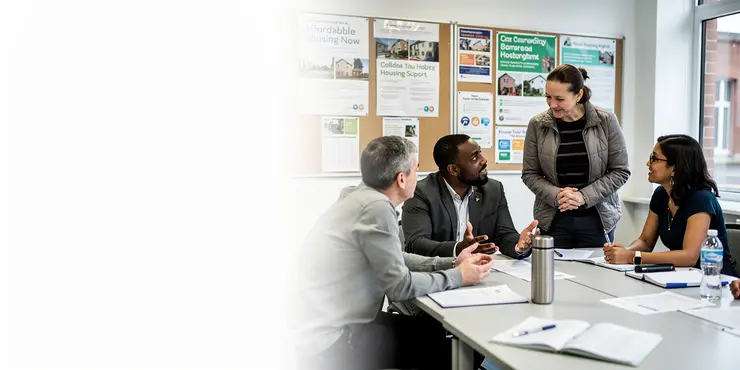
Addressing the Housing Crisis: Current Challenges and Solutions
Relevance: 43%
-

What types of support are available for community helpers?
Relevance: 42%
-
How can community helpers access educational resources?
Relevance: 42%
-
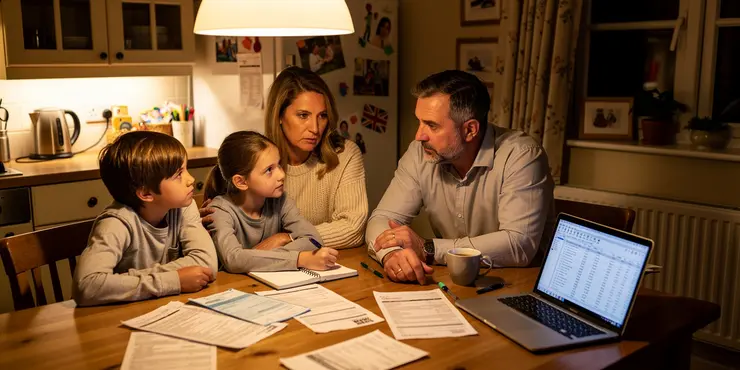
Rising Cost of Living: How Families Can Cope
Relevance: 41%
-
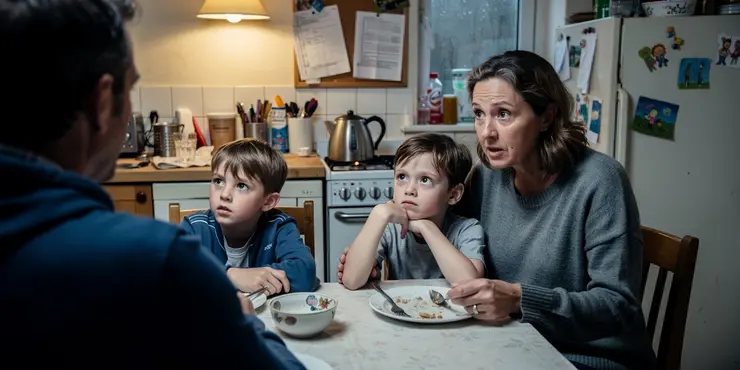
Impact of Rising Living Costs on Family Health
Relevance: 41%
-
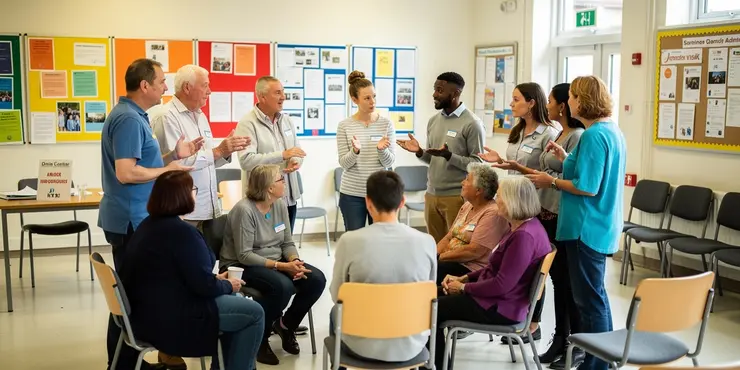
What is the role of community hubs in supporting helpers?
Relevance: 41%
-
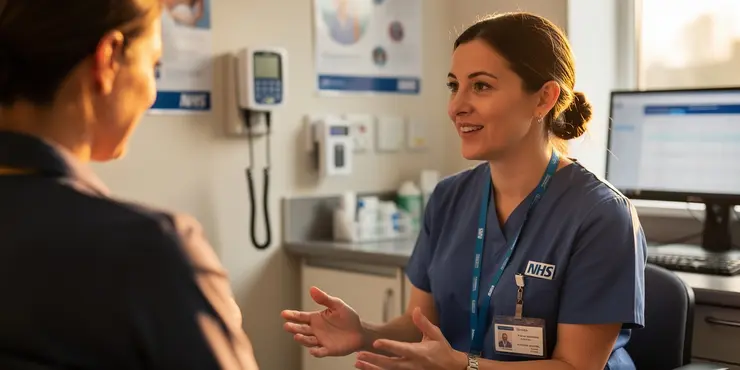
Are there online resources available for community helpers?
Relevance: 41%
-

How Rising Living Costs Are Impacting Family Wellbeing
Relevance: 41%
-
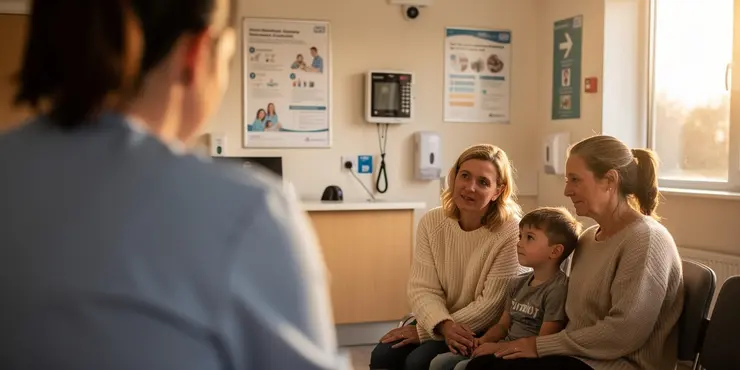
Charities Warn of Food Insecurity Amidst Rising Cost of Living
Relevance: 40%
-
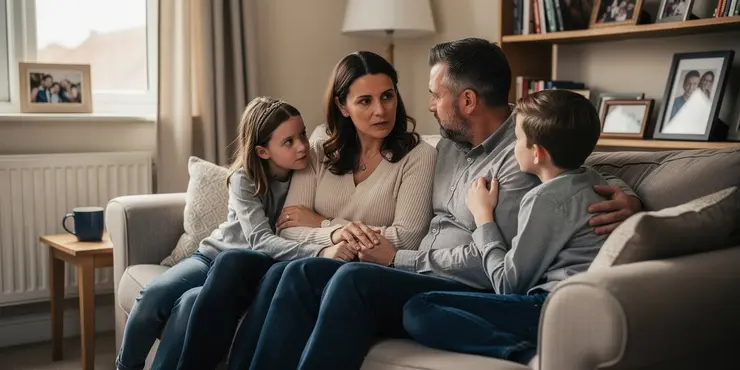
Mental Health Support Resources for Families
Relevance: 40%
-
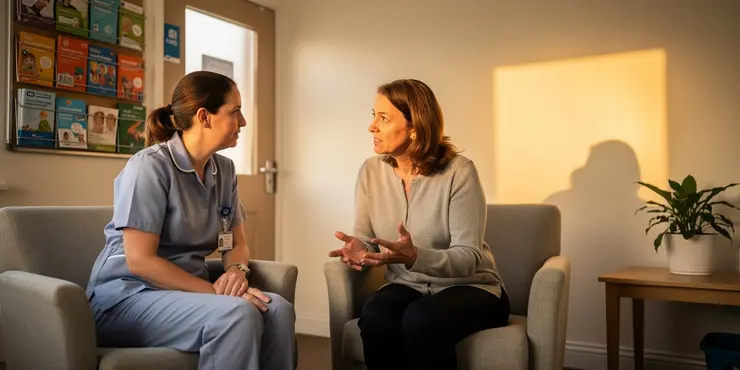
Mental Health Support Resources in the UK
Relevance: 40%
-
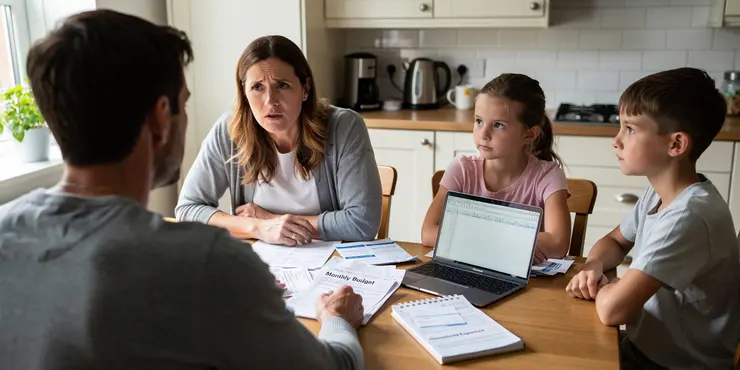
Understanding the Impact of Rising Living Costs on Family Welfare
Relevance: 40%
-
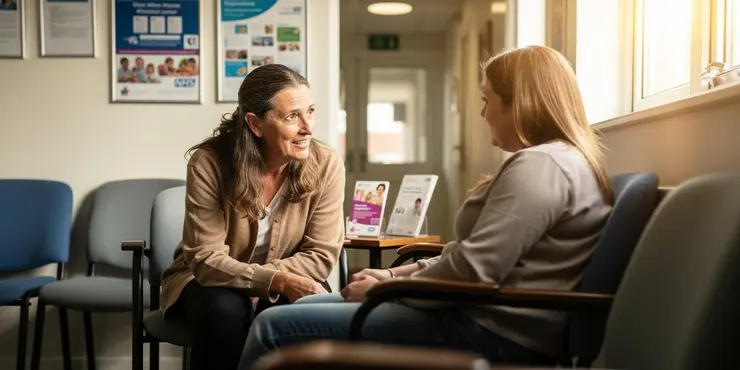
Can community helpers access physical health resources?
Relevance: 40%
-

Mental Health Support for Families: Resources and Helplines
Relevance: 39%
-
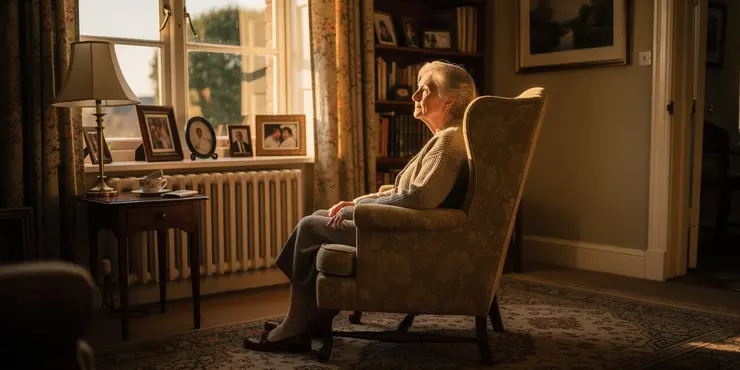
UK's Elderly Population Faces Growing Loneliness Crisis
Relevance: 39%
-
Mental Health Support for Families: Resources and Guidance
Relevance: 39%
-
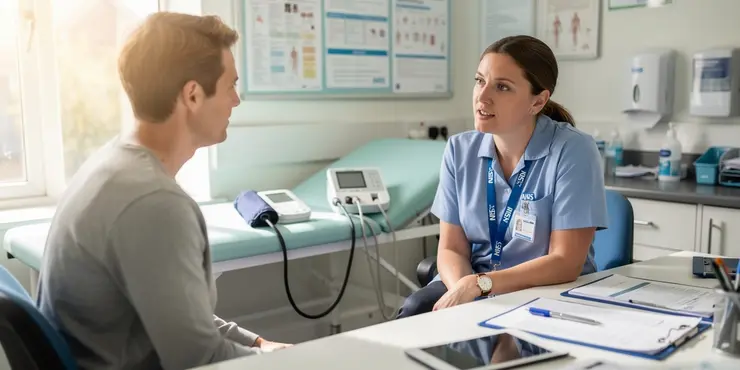
Where can I find more information about the £500 cost of living payment?
Relevance: 38%
-
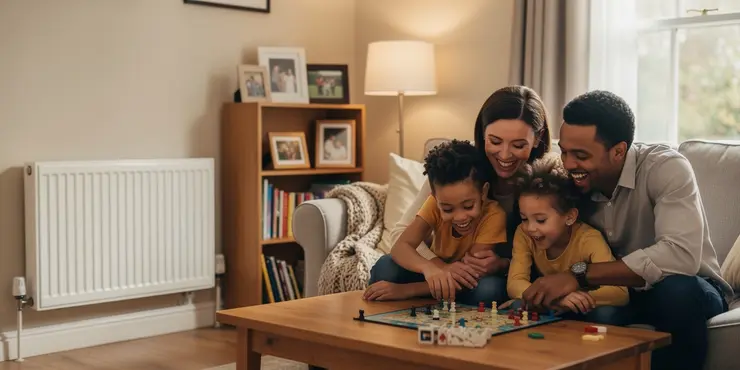
Mental Health Support for Families: Resources and Strategies
Relevance: 37%
-
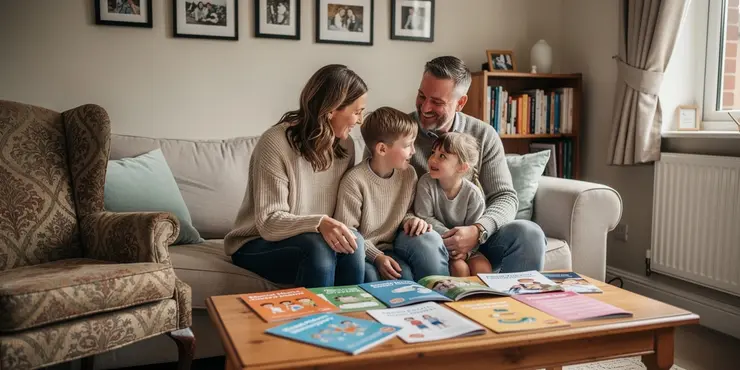
Mental Health Support for Families - Latest Resources and Guidance
Relevance: 37%
-
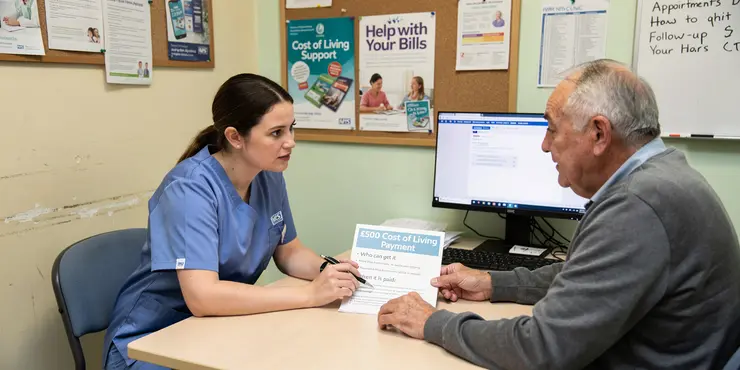
When will I receive the £500 cost of living payment?
Relevance: 37%
-
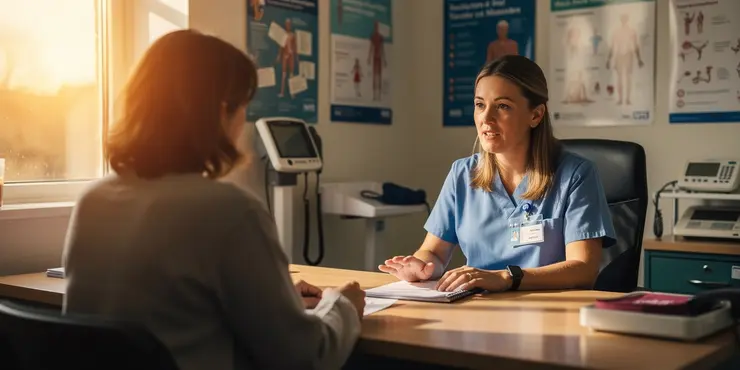
What is the £500 cost of living payment?
Relevance: 37%
-
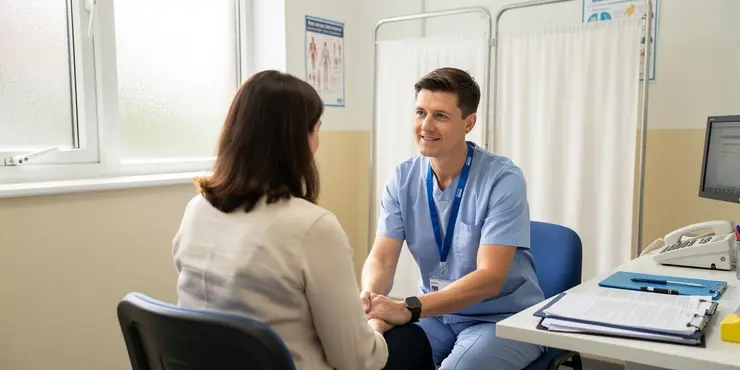
Is the £500 cost of living payment taxable?
Relevance: 37%
-
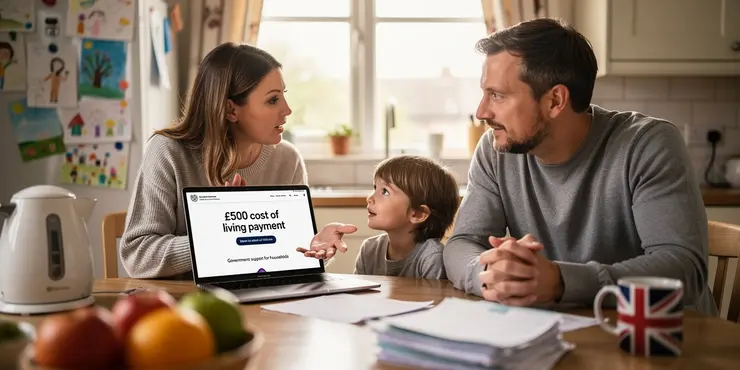
Is the £500 cost of living payment taxable?
Relevance: 37%
-
What is the £500 cost of living payment?
Relevance: 36%
-
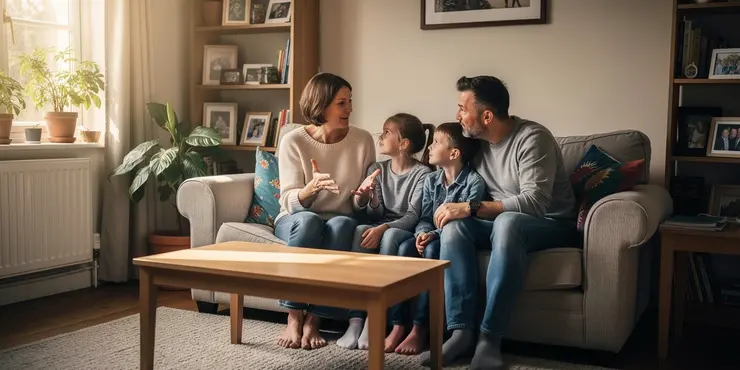
Mental Health Resources for Families
Relevance: 36%
-
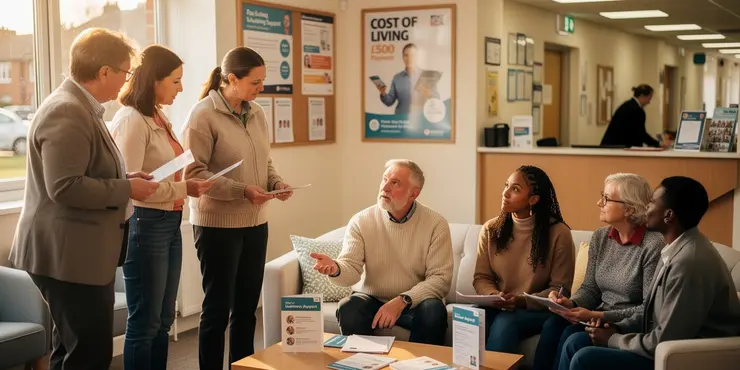
How do I apply for the £500 cost of living payment?
Relevance: 36%
-
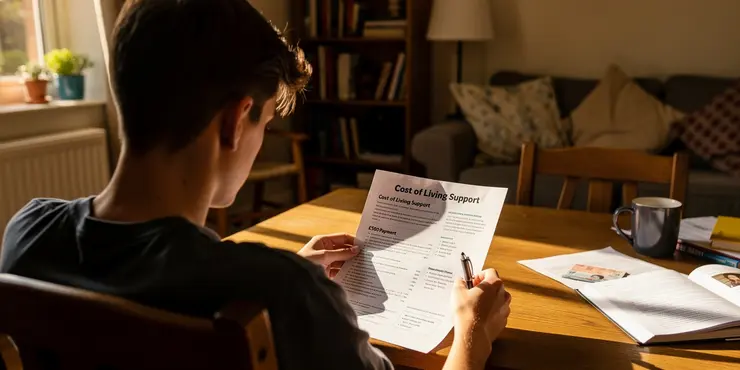
Are students eligible for the £500 cost of living payment?
Relevance: 36%
-
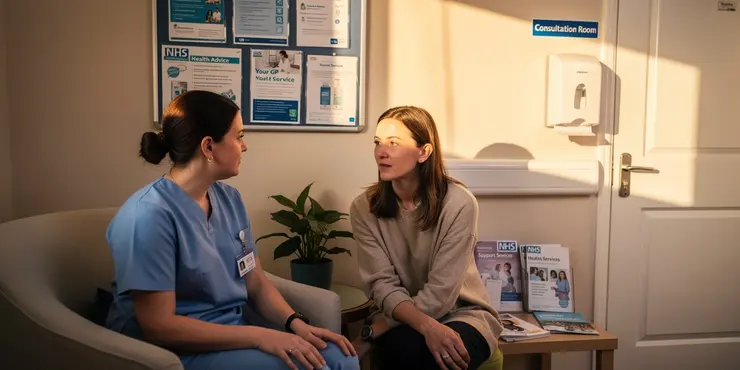
What are peer support groups for community helpers?
Relevance: 35%
-
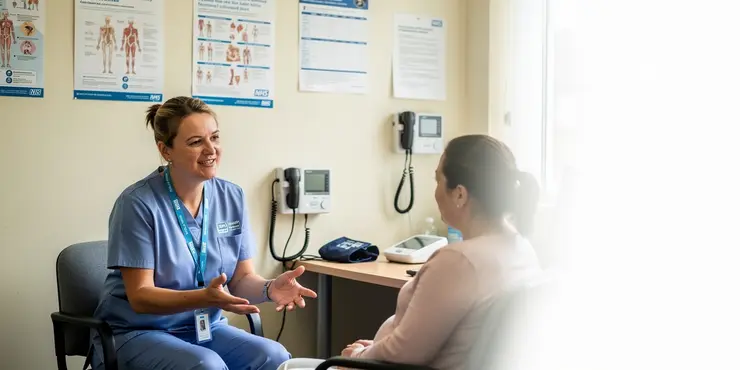
What Household & Cost‑of‑Living Support grants may be available to me?
Relevance: 35%
-
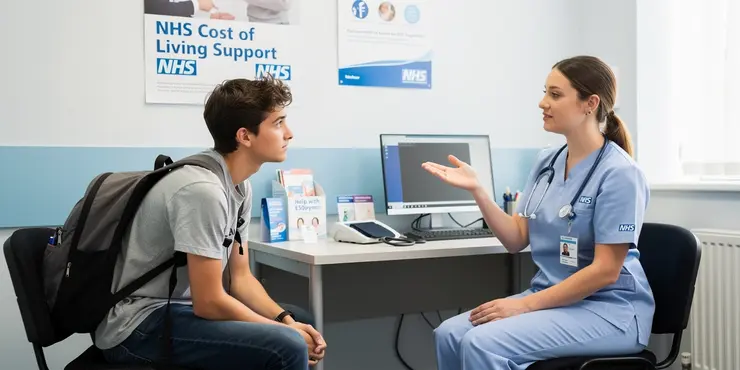
Can students receive the £500 cost of living payment?
Relevance: 35%
-
What help is available to helpers in the community?
Relevance: 35%
Addressing the Cost of Living Crisis: Community Support and Resources
Understanding the Cost of Living Crisis
The cost of living crisis in the United Kingdom has placed significant financial pressure on households, particularly affecting low and middle-income families. Rising inflation rates, escalating housing costs, and higher utility expenses have created an environment where more individuals and families are struggling to make ends meet. Understanding the breadth of the issue is the first step in identifying and utilizing available community support and resources effectively.
Community Support Networks
Community support networks play a crucial role in alleviating the challenges posed by the cost of living crisis. Local councils and charitable organizations offer a range of services, including food banks, meal programs, and emergency financial aid. These resources are designed to provide immediate relief for residents facing financial hardship. Citizens Advice, for instance, provides free, confidential advice to help people navigate financial difficulties, access entitlements, and manage debt effectively.
Accessing Government Assistance
The UK government also provides various forms of assistance to help tackle the cost of living crisis. Universal Credit, Housing Benefit, and the Winter Fuel Payment are key resources designed to support those in need. To access these benefits, individuals should visit the official government websites or contact their local Jobcentre Plus. Proper documentation and an understanding of eligibility criteria are essential when applying for these benefits to ensure timely support.
Financial Education and Budgeting Support
Aside from direct financial support, financial education plays a pivotal role in helping families manage their finances more effectively. Organisations such as the Money Advice Service offer free guidance on budgeting, saving, and managing debts. Workshops and online resources are also available to teach essential financial skills, helping individuals make informed decisions about their money. Empowering families with knowledge can significantly mitigate the impact of financial pressures.
Energy and Utility Savings
With utility costs rising, finding ways to reduce energy consumption and save on bills is vital. Many local councils run initiatives to help residents improve energy efficiency in their homes, such as insulation programs and providing energy-efficient appliances at reduced costs. Energy companies also offer grants and schemes to support vulnerable households. Simple tips like switching to LED bulbs, using energy-efficient appliances, and ensuring proper home insulation can lead to significant savings over time.
The Importance of Community Solidarity
In times of economic stress, community solidarity becomes even more important. Neighbours supporting each other through community kitchens, shared resources, and local volunteer groups can create a robust network of support. Grassroots movements and local initiatives often fill the gaps left by larger institutions, providing tailored solutions to community-specific issues. By working together, communities can foster resilience and support members through the challenges posed by the cost of living crisis.
Addressing the Cost of Living Crisis: Community Support and Resources
Understanding the Cost of Living Crisis
Life is getting more expensive in the United Kingdom. This makes it hard for many people to pay for what they need. This is called the cost of living crisis. Prices for things like houses, food, and bills are going up. This is tough for families who do not have a lot of money. Knowing about the problem helps us find ways to get help from our community.
Community Support Networks
Community support means getting help from people around us. Local groups and charities can help a lot. They provide things like food banks for families to get food and meal programs to have hot meals. They might also give emergency money to help with urgent needs. You can also talk to Citizens Advice. They give free, private help with money problems and how to manage debt.
Accessing Government Assistance
The government in the UK offers help too. There are programs like Universal Credit, Housing Benefit, and Winter Fuel Payment. These help people who need money support. To get this help, visit government websites or go to the Jobcentre Plus nearby. You will need to bring papers to show you are eligible. It is important to know the rules to get the help quickly.
Financial Education and Budgeting Support
Learning how to manage money is very helpful. The Money Advice Service can teach you how to save, budget, and handle debts. They offer free workshops and online lessons. Knowing about money helps you make smart choices about spending and saving. This can reduce money worries.
Energy and Utility Savings
Energy bills are rising, so saving energy is important. Your local council might help you save energy at home. They offer things like better home insulation and cheaper energy-saving appliances. Energy companies sometimes give grants to people who need them. Simple changes, like using LED lights and energy-efficient appliances, can save money.
The Importance of Community Solidarity
In hard times, it is important for people to help each other. Neighbours can share food at community kitchens or join group activities to support one another. Local volunteer groups and initiatives can solve problems specific to your area. Working together makes everyone stronger and helps deal with the cost of living crisis.
Frequently Asked Questions
What is the cost of living crisis?
The cost of living crisis refers to the rapid increase in essential living costs such as housing, food, and energy, outpacing wage growth, making it difficult for many families to make ends meet.
How can community food banks help during the cost of living crisis?
Community food banks provide essential food supplies to individuals and families in need, helping to alleviate financial pressure and ensure access to meals during tough times.
Are there any government programs to help with energy bills?
Yes, the UK government offers schemes like the Warm Home Discount, Winter Fuel Payment, and Cold Weather Payment to help eligible households reduce their energy bills.
Where can I find affordable housing solutions?
You can explore affordable housing options through local council services, housing associations, and charities like Shelter, which offer advice and support for finding low-cost housing.
What support is available for families with children?
Families with children may be eligible for benefits such as Child Benefit, Universal Credit, and free school meals. Local councils and charitable organizations might also offer additional support and resources.
How can I budget effectively to manage costs?
Effective budgeting involves tracking expenses, prioritizing essential costs, and seeking ways to reduce non-essential spending. Tools and advice are available from organizations like Citizens Advice and MoneyHelper.
What services do local councils provide for those struggling financially?
Local councils offer a range of services, including housing assistance, council tax reduction, emergency financial support, and connections to local food banks and charities.
How can I access mental health support during financial stress?
Mental health support can be accessed through the NHS, local charities like Mind, and helplines such as Samaritans. Many organizations offer free or low-cost counselling and support groups.
Are there any employment support services available?
Yes, the Jobcentre Plus provides employment support, including job search assistance, resume workshops, and skills training. Additionally, local charities and community centers often offer job clubs and employment advice.
What financial education resources are available?
Financial education resources are provided by organizations like MoneyHelper, The Money Charity, and Citizens Advice, offering tools, advice, and workshops on managing finances, debt, and budgeting.
Can I get assistance with debt management?
Yes, free debt management advice and support are available from charities such as StepChange, National Debtline, and Citizens Advice, helping individuals create manageable debt repayment plans.
How can I reduce my energy consumption at home?
To reduce energy consumption, you can use energy-saving appliances, insulate your home, switch to energy-efficient lighting, and be mindful of your energy usage habits. Many energy companies also offer free or discounted energy audits.
What assistance is available for paying water bills?
Water companies may offer assistance programs like WaterSure and social tariffs for low-income households, providing reduced rates for eligible customers.
How can I find local charities and support groups?
You can find local charities and support groups by contacting your council, using online directories like Charity Choice, or asking for recommendations from community centers and local churches.
Are there any educational grants or scholarships available?
Yes, various educational grants and scholarships are available for students facing financial hardship. Resources like Turn2us, local educational charities, and your educational institution’s financial aid office can provide guidance.
What is the cost of living crisis?
The cost of living crisis means that things like food, rent, and bills are getting more expensive. People might have less money to buy the things they need. This can make it hard for families to pay for everyday things.
If it's hard to read this, try using a ruler or your finger to help guide you as you read. You can also ask someone to read it with you or use a tool that reads text out loud.
The cost of living crisis means that prices for things like homes, food, and energy are going up very fast. But, people's pay is not going up as fast. This makes it hard for many families to pay for what they need.
Here are some helpful tips:
- Try to make a simple budget. Write down what you earn and what you spend.
- Look for deals and discounts when shopping for food.
- Turn off lights and electronics when not in use to save energy.
- Ask for help if you need it. There are people and places that can offer support.
How can food banks help when money is tight?
Food banks give free food to people who need it. If you have trouble buying food, food banks can help.
Here are some ways food banks can help:
- They give you food to eat when you can't buy any.
- Food banks can also give you advice on other help you can get.
- You can meet people and make friends when you visit a food bank.
To find a food bank near you, ask a grown-up for help or use a computer to search online. You can also ask at a community center or a school.
Community food banks give important food to people and families who need it. This helps them save money and makes sure they can eat even when things are hard.
Can the government help me pay my energy bills?
Yes, the government has programs to help with energy bills. You can see if you can get help.
Ways to get help:
- Ask a friend or family member to help you find information.
- Use a computer or phone to look up government help for energy bills.
- Call a government office to ask questions.
Yes, the UK government has ways to help people pay for heating. These are called the Warm Home Discount, Winter Fuel Payment, and Cold Weather Payment. They help families with their energy bills.
Where can I find cheap places to live?
You can find cheaper places to live by talking to your local council, housing groups, or charities like Shelter. They can help you with advice and support to find a cheaper home.
What help can families with children get?
Families with kids can get different kinds of help. Here are some ways they can find support:
- Ask at school: Schools can have special helpers or teachers. They might also have free meals or fun activities after school.
- Visit local centers: Some places, like community centers, have classes or playgroups for kids and parents.
- Check online: The internet can have sites with good info for parents. Some apps can also help with reminders or learning games.
- Talk to others: Friends and family can share advice or resources. Parents’ groups are good for making new friends.
Remember, asking for help is okay. There are people and places ready to support families.
If you have kids, you might get help like Child Benefit, Universal Credit, and free school meals. Your local council and charities might also help you.
How can I make a plan to manage my money well?
Making a budget means keeping track of how you spend your money, deciding what is most important to spend on, and finding ways to spend less on things you do not need. You can get help from places like Citizens Advice and MoneyHelper.
What help can local councils give to people who don't have much money?
Local councils can help people who need money. They can give support and advice. They might offer things like:
- Discounts on bills
- Emergency money for food or heating
- Advice on budgeting money
- Help with finding a job
If you need help, you can talk to your local council. They will try to help you.
Local councils can help you in different ways. They can help with housing, make your council tax cheaper, give you money in emergencies, and help you find nearby food banks and charities.
How can I get help for my feelings when I'm worried about money?
You can get help for your feelings from places like the NHS, local charities like Mind, and by talking to people at helplines like Samaritans. Lots of groups give free help or help that doesn't cost a lot of money. They offer talking sessions and support groups.
Is there help to find a job?
Yes, there are places that can help you find a job. They can show you how to write a CV and practice interviews with you.
You can also use apps on your phone or computer for more help.
Yes, the Jobcentre Plus helps people find jobs. They help you look for jobs and make your resume. They also give training to learn new skills. Local charities and community centers can also help. They have job clubs and give advice for getting a job.
What money learning help is there?
Here are some ways to learn about money:
- Books: Storybooks about money.
- Games: Fun games that teach about saving and spending.
- Videos: Easy-to-watch shows that explain money.
- Online: Websites with cool money tips and lessons.
Ask a grown-up if you need help finding these.
There are places that can help you learn about money. These places include MoneyHelper, The Money Charity, and Citizens Advice. They give you tools and advice. They also have workshops to help you manage money, understand debt, and budget.
Can I get help with managing money I owe?
You can get free help with money troubles. Charities like StepChange, National Debtline, and Citizens Advice are there to help. They can help you make a plan to pay back what you owe.
How can I use less energy at home?
To use less energy, you can try these things:
- Use appliances that save energy.
- Keep your home warm by insulating it.
- Switch to lights that use less energy.
- Think about how you use energy every day.
Many energy companies can check your home to help you save energy, sometimes for free or for less money.
You can use tools like timers to remind you to turn off lights or smart plugs to control appliances.
What help can you get to pay water bills?
You can get help to pay your water bills if you find it hard to pay. Here are some ways you can get help:
- Contact the water company: They might have special plans to help you pay slowly.
- Check for discounts: Some people can get money off their bills.
- Help from the government: Some programs can help pay your bills if you really need it.
- Talk to a charity or advice group: They can give you tips on how to handle money and bills.
If reading is hard, ask someone you trust to read it with you or use an app that reads text out loud. This can help you understand better.
Water companies have special programs to help people who don’t have much money. These programs, like WaterSure and social tariffs, let some people pay less for water.
How can I find local charities and support groups?
Do you want to find local charities and support groups? Here is how you can do it:
- Ask a friend or family member if they know any local charities or groups.
- Use the internet. You can search for "local charities near me" or "support groups in my area".
- Visit your local library. The staff can help you find information.
- Check local community centers or churches. They often have information about local groups.
- Use your phone to call a local helpline for help.
If you need help reading or understanding, ask someone you trust to help you.
You can find charities and support groups near you in a few ways. You can call your local council for help. You can also look online using websites like Charity Choice. Another good way is to ask people at community centers or local churches for ideas.
Can I get money to help me learn?
Yes, there are different types of money help for students who need it. This help is called grants and scholarships. You can find out more by talking to:
- Turn2us: They help people with money problems.
- Local educational charities: These are groups that help students with money.
- Your school or college’s financial aid office: They can give you advice on getting money help.
Useful Links
This website offers general information and is not a substitute for professional advice.
Always seek guidance from qualified professionals.
If you have any medical concerns or need urgent help, contact a healthcare professional or emergency services immediately.
Some of this content was generated with AI assistance. We’ve done our best to keep it accurate, helpful, and human-friendly.
- Ergsy carfully checks the information in the videos we provide here.
- Videos shown by Youtube after a video has completed, have NOT been reviewed by ERGSY.
- To view, click the arrow in centre of video.
- Most of the videos you find here will have subtitles and/or closed captions available.
- You may need to turn these on, and choose your preferred language.
- Go to the video you'd like to watch.
- If closed captions (CC) are available, settings will be visible on the bottom right of the video player.
- To turn on Captions, click settings .
- To turn off Captions, click settings again.
More Items From Ergsy search
-

Addressing the Cost of Living Crisis: Community Support and Resources
Relevance: 100%
-

Mental Health Impact of Cost of Living Crisis and Support Resources
Relevance: 88%
-

Addressing the Rising Cost of Living: Community Support and Resources
Relevance: 75%
-

Navigating the UK Cost of Living Crisis: Tips for Families
Relevance: 71%
-

Impact of Cost of Living on UK Communities
Relevance: 60%
-
Impact of UK Housing Crisis on Local Communities
Relevance: 57%
-

Accessing Mental Health Support Resources in the UK
Relevance: 45%
-

Financial Support for Families Amid Rising Cost of Living
Relevance: 44%
-

Cost of Living Crisis: Supermarkets Promise More Discounts for Shoppers
Relevance: 43%
-

Addressing the Housing Crisis: Current Challenges and Solutions
Relevance: 43%
-

What types of support are available for community helpers?
Relevance: 42%
-
How can community helpers access educational resources?
Relevance: 42%
-

Rising Cost of Living: How Families Can Cope
Relevance: 41%
-

Impact of Rising Living Costs on Family Health
Relevance: 41%
-

What is the role of community hubs in supporting helpers?
Relevance: 41%
-

Are there online resources available for community helpers?
Relevance: 41%
-

How Rising Living Costs Are Impacting Family Wellbeing
Relevance: 41%
-

Charities Warn of Food Insecurity Amidst Rising Cost of Living
Relevance: 40%
-

Mental Health Support Resources for Families
Relevance: 40%
-

Mental Health Support Resources in the UK
Relevance: 40%
-

Understanding the Impact of Rising Living Costs on Family Welfare
Relevance: 40%
-

Can community helpers access physical health resources?
Relevance: 40%
-

Mental Health Support for Families: Resources and Helplines
Relevance: 39%
-

UK's Elderly Population Faces Growing Loneliness Crisis
Relevance: 39%
-
Mental Health Support for Families: Resources and Guidance
Relevance: 39%
-

Where can I find more information about the £500 cost of living payment?
Relevance: 38%
-

Mental Health Support for Families: Resources and Strategies
Relevance: 37%
-

Mental Health Support for Families - Latest Resources and Guidance
Relevance: 37%
-

When will I receive the £500 cost of living payment?
Relevance: 37%
-

What is the £500 cost of living payment?
Relevance: 37%
-

Is the £500 cost of living payment taxable?
Relevance: 37%
-

Is the £500 cost of living payment taxable?
Relevance: 37%
-
What is the £500 cost of living payment?
Relevance: 36%
-

Mental Health Resources for Families
Relevance: 36%
-

How do I apply for the £500 cost of living payment?
Relevance: 36%
-

Are students eligible for the £500 cost of living payment?
Relevance: 36%
-

What are peer support groups for community helpers?
Relevance: 35%
-

What Household & Cost‑of‑Living Support grants may be available to me?
Relevance: 35%
-

Can students receive the £500 cost of living payment?
Relevance: 35%
-
What help is available to helpers in the community?
Relevance: 35%


